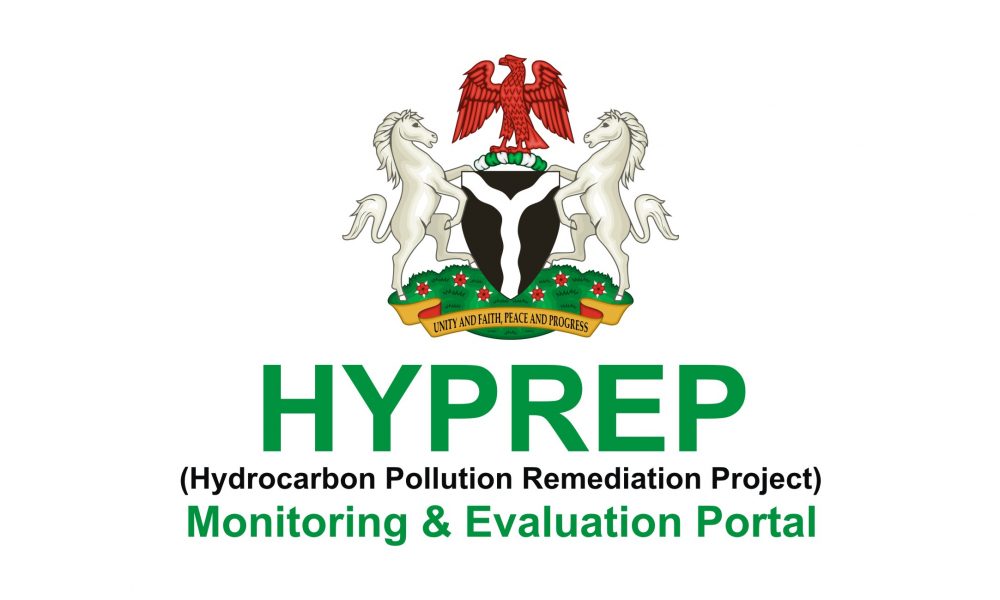HYPREP assures Ogoni communities of potable drinking water
The Hydrocarbon Pollution Remediation Project (HYPREP) has assured communities of Ogoni land of its commitment to provide sustainable potable water. Addressing participants at a two-day workshop on sustainable water provision in Port Harcourt, the project coordinator, Ferdinand Dumbari Giadom, said that the provision of potable water is a major deliverable and chief responsibility of the […]

The Hydrocarbon Pollution Remediation Project (HYPREP) has assured communities of Ogoni land of its commitment to provide sustainable potable water.
Addressing participants at a two-day workshop on sustainable water provision in Port Harcourt, the project coordinator, Ferdinand Dumbari Giadom, said that the provision of potable water is a major deliverable and chief responsibility of the HYPREP as recommended for implementation in the United Nations Environment Programme.
- Kidnappers free Kano village head, abduct don delivering ransom
- Muslim World League disburses N438m to 6,560 Nigerian orphans
He said the mission of HYPREP to provide potable water for Ogoni communities began in 2021 when the then Minister of Environment, Dr Mohammad Mahmoud Abubakar, flagged off the construction of six water contracts spread across the four local government areas of Ogoni.
Giadom explained that the workshop was designed to provide answers to the sustainability questions on HYPREP’s previous and future efforts.
“Ogoni is not a virgin land when it comes to water schemes as the place is replete with all kinds of water facilities ranging from mono-pumps, neighbourhood water schemes to the urban type with city wide reticulation, provided at various times by different donors and government agencies.
“What is however lacking is a sustainability plan that had rendered all such efforts at providing potable water for the people moribund,” he said.
Professor Johnson Otum of the Institute of Good Governance commended HYPREP for its strides so far but urged it to complement its efforts with more investment in other critical areas like power supply and manpower.
